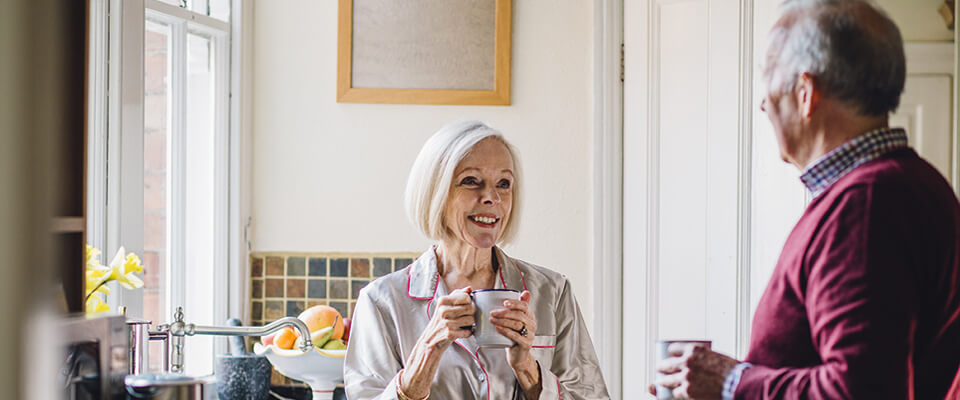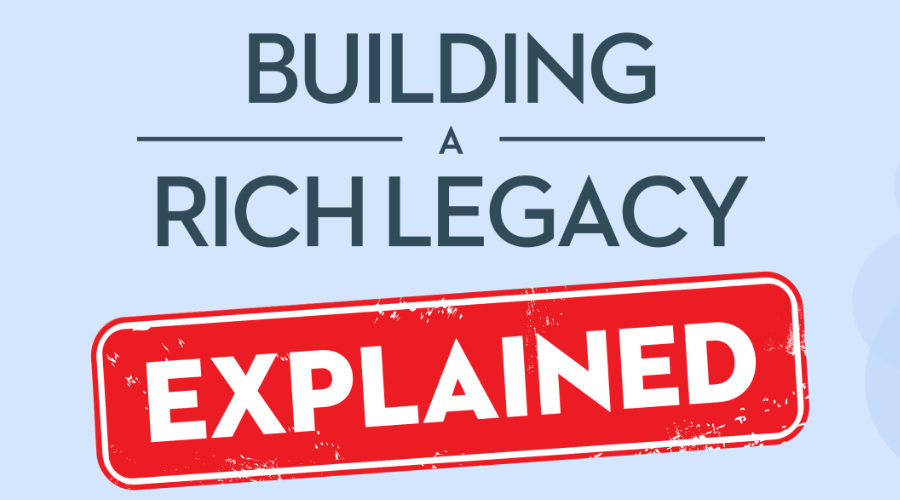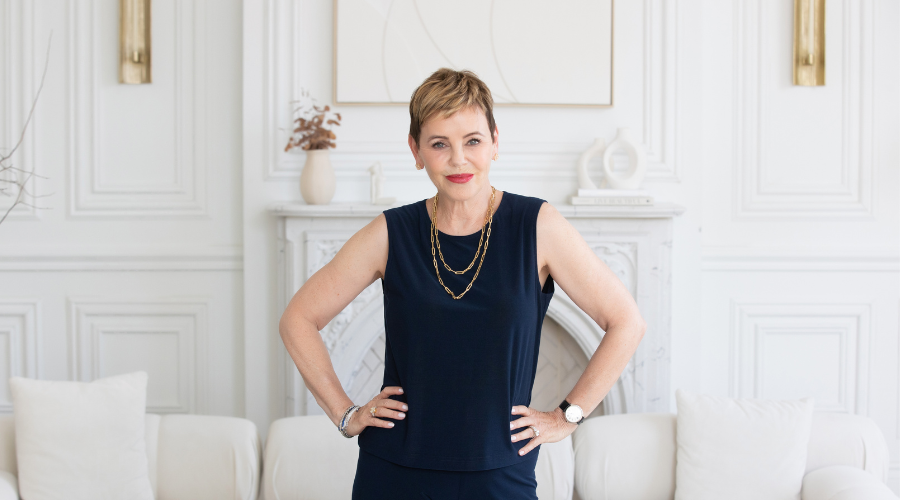As you may have seen, we are running a four-part series looking at the different phases of retirement. This series begins by taking a look at winding down from work, transitioning into retirement, finding your new routine and finally enjoying retirement your way.
In the third part of the series, we explore how to find a new routine and the elements of building your retirement identity. If you missed part two on making the transition into retired life, you can read it here.
Stage 3: Freedom and discovery – finding your new routine
Many people feel a loss of routine when they retire. Suddenly, there is a lot of time to fill where there used to be too few hours in the day. For some, retirement can mean the loss of the identity that came with their profession.
However, retirement offers the opportunity to redefine yourself and do more of what you love; it can potentially be a time to become the person you’ve always wanted to be. Retirement can mean having the time to finally pursue your dreams.
Why routine is important
Building a new routine and identity can make your golden years more fulfilling, fun and more focused on you. A routine can bring practical and psychological advantages:
- We become more productive: our routine becomes automatic and saves us time thinking about what to do next
- We get satisfaction from a job well done and feel valued
- We enjoy learning new things and solving problems
It’s not surprising that many of us don’t want to lose all of this when we retire. It not only makes life continually meaningful, it can also help us to stay feeling relevant.
The benefits of “unretirement”
For many people, retiring brings the perfect opportunity to turn a passion or a hobby into work that they enjoy. This trend of “unretirement” is growing as retirees increasingly want or need to keep working. If you have latent writing skills, you can use your business knowledge to become a contributor for websites focused on your field of expertise. Hobbies like gardening, photography or doing repairs can easily be transformed into a paid job.
Returning to a long-held interest just for fun can also be hugely rewarding. Becoming an amateur artist or singer, for example, will make your retirement more fulfilling and enjoyable. You could also use your skills and years of experience to join boards of directors or political campaigns.
Joining the growing number of “seniorpreneurs”
According to a report by CIBC, entrepreneurs aged 50 and over build a quarter of all new businesses – twice as many as 12 years previously. Canadians are increasingly using the freedom of retirement to enjoy the thrill of running their own business. Starting up your dream business is a great way to supplement your income and keep you engaged with your community. You could also use your business expertise to begin your own consultancy business.
Using your interests for the good of others
Volunteering for a local charity is a great way to give back, meet new people and pursue your passion. For arts lovers, many music festivals, musical companies, theatres and film festivals rely on volunteers for their success. If your interests involve helping others, many hospitals, seniors’ residences and homeless shelters welcome volunteers. Retired business executives and entrepreneurs can also volunteer their time to become mentors to help small businesses grow – find out more here.
Better yourself, better your mind
Learning to play an instrument or speak a foreign language can not only give your retirement more meaning, it can also help improve your mental health and even help offset dementia. If you want to study to further your education or for a degree that you didn’t have time for before, many Canadian universities offer discounted or free tuition to people over 60. Your local university can provide more details. Also, the government’s Lifelong Learning Plan (LLP) allows you to make withdrawals from your RRSPs to pay for full-time education. You can find out more here.
Your new routine and new identity
One big advantage of finding a new routine in retirement is that you don’t have to commit to anything. Unlike during your working years, if you don’t like your new routine, it’s easy to change it. It may take you time to discover the right routine for you and it will likely evolve over time, so why not try something new and see what works best for you. There are many ways the CHIP Reverse Mortgage® could help you to build your dream retirement. It can provide extra funding to help you pick up a new hobby, start a new business or just help you to take on your new identity. Or, it could simply help your retirement savings last longer.
It won’t affect your income—you don’t have to make any regular mortgage payments—but it could help your retirement live up to its potential.
For more information on the CHIP Reverse Mortgage® and to see how it could help you build your new identity, call us at 1-866-522-2447.
Stay tuned for the final article in this series on the four stages of retirement, which focuses on how to enjoy retirement your way. We’ll look at how you can spend more time doing what you want to do, when you want to do it.































